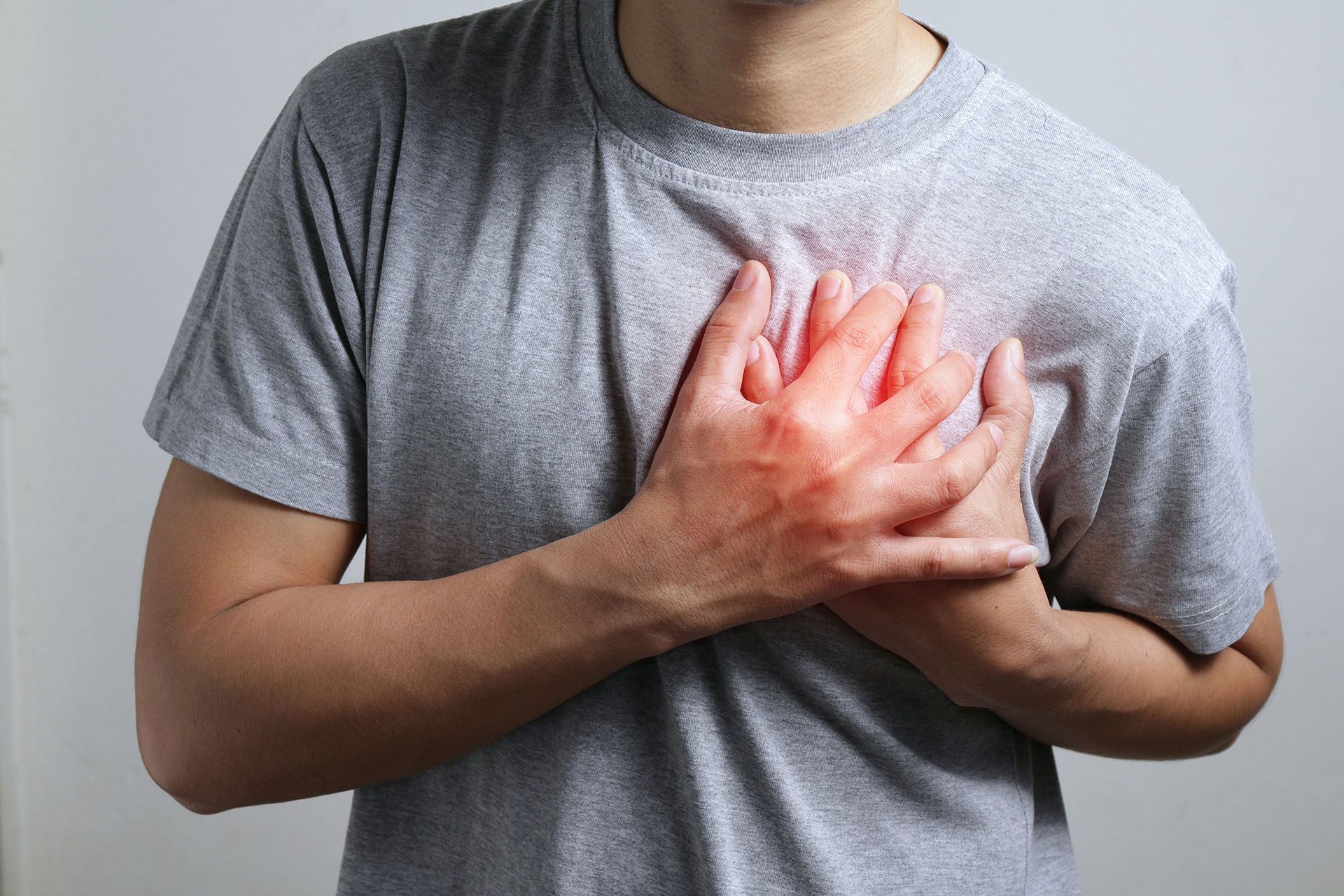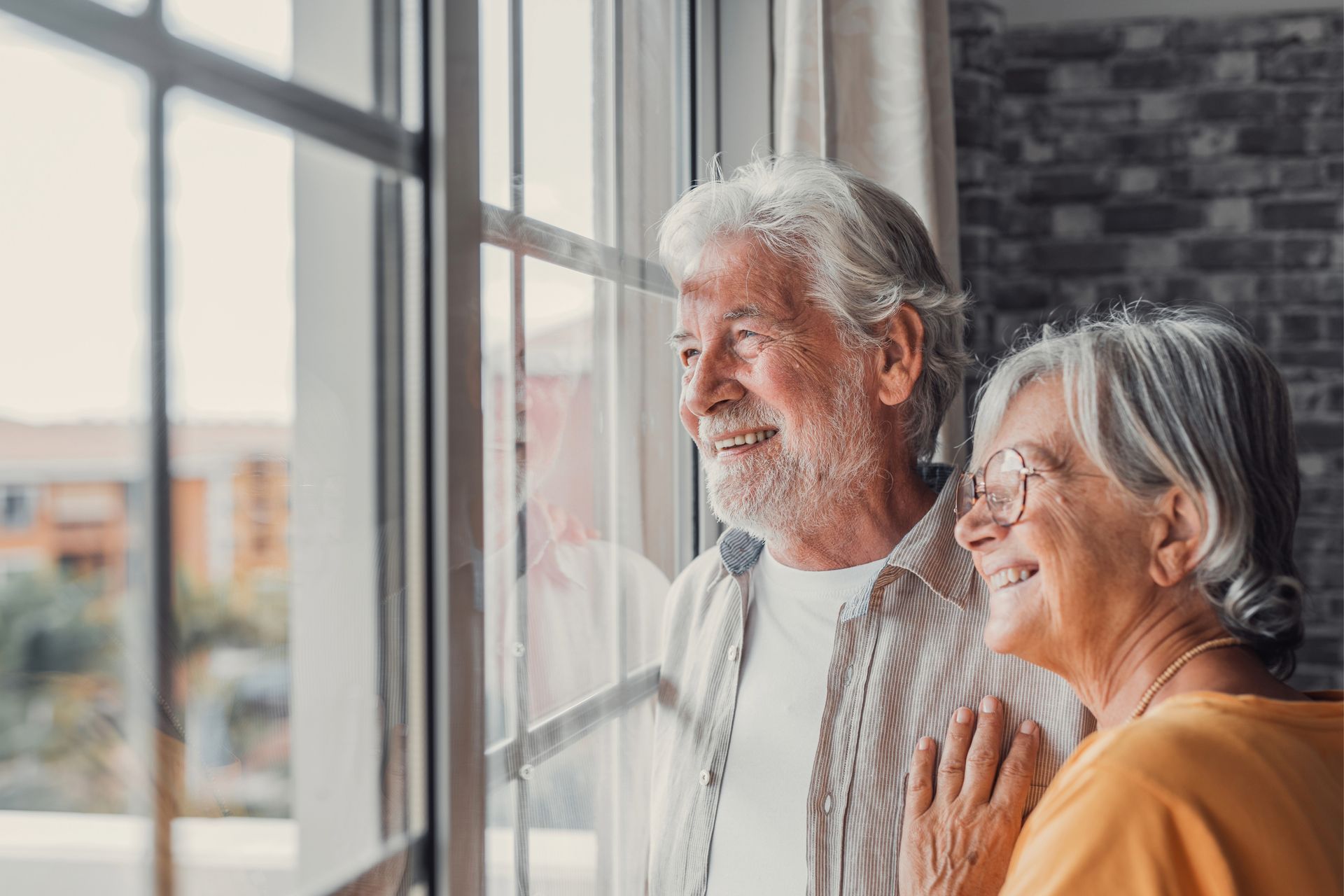INS LifeGuard
-
Home
-
About
INS LifeGuard delivers quality care with technology solutions. Our response centre is staffed by highly qualified, experienced nurses and other healthcare professionals, 24 hours a day, seven days a week. We know of no other company who can make that claim.Title
 FAQsBrowse INS LifeGuard’s frequently asked questions.
FAQsBrowse INS LifeGuard’s frequently asked questions. Terms and ConditionsView our terms and conditions in one convenient place here.
Terms and ConditionsView our terms and conditions in one convenient place here. Privacy PolicyFind out how INS LifeGuard may collect and handle your personal information.
Privacy PolicyFind out how INS LifeGuard may collect and handle your personal information. News and InsightsBrowse a range of topics including medical, health, assistive technology and independent living.
News and InsightsBrowse a range of topics including medical, health, assistive technology and independent living. CareersOpportunities for nurses use their clinical skills in our medical monitoring and response centre.
CareersOpportunities for nurses use their clinical skills in our medical monitoring and response centre. -
How It Works
-
Products
As an established Australian healthcare provider, INS LifeGuard is committed to delivering quality care through technology. We offer a range of personal alarm solutions as well as advanced care solutions for both for in the home and away so that you can approach your future with confidence.Title
 In Home OptionsRemain independent in your home whilst your family knows you can get help if you need it.
In Home OptionsRemain independent in your home whilst your family knows you can get help if you need it. In-Home and On-The-Go OptionsTake your alarm with you wherever you go. Includes built-in GPS locators.
In-Home and On-The-Go OptionsTake your alarm with you wherever you go. Includes built-in GPS locators. INS LifeGuardian® AppINS LifeGuardian® isn't just another app – it's your shield, offering an array of preventive and reactive features to ensure your safety.
INS LifeGuardian® AppINS LifeGuardian® isn't just another app – it's your shield, offering an array of preventive and reactive features to ensure your safety. Existing Product AccessoriesBrowse our range of accessories for those that already have a personal alarm with INS LifeGuard.
Existing Product AccessoriesBrowse our range of accessories for those that already have a personal alarm with INS LifeGuard. Fall Alarms and SensorsGo about your daily activities with more confidence.
Fall Alarms and SensorsGo about your daily activities with more confidence. -
Features
INS Group is one of the oldest care providers in Australia. We have had substantial experience in providing health care services in the community, as well as eHealth, TeleHealth and accompanying assistive technologies.Title
 Nurse On Call ServiceSpecialised nurse-on-call response service staffed 24/7 by qualified nurses and healthcare professionals.
Nurse On Call ServiceSpecialised nurse-on-call response service staffed 24/7 by qualified nurses and healthcare professionals. Free Nurse Chat LineChat to a nurse if you have any health questions or feeling lonely any time of the day or night.
Free Nurse Chat LineChat to a nurse if you have any health questions or feeling lonely any time of the day or night. Free INS LifeGuardian Connect® AppCarers can view or update information, receive alerts and more.
Free INS LifeGuardian Connect® AppCarers can view or update information, receive alerts and more. Telehealth ServicesThe results recorded can be monitored by family, carers or a registered nurse at INS LifeGuard.
Telehealth ServicesThe results recorded can be monitored by family, carers or a registered nurse at INS LifeGuard. Retirement Village SolutionsComprehensive solutions supporting more than 30,000 independent living units across Australia.
Retirement Village SolutionsComprehensive solutions supporting more than 30,000 independent living units across Australia. Call Centre SolutionsMedical, healthcare and service providers 24/7 call centre solution support.
Call Centre SolutionsMedical, healthcare and service providers 24/7 call centre solution support. -
Referrals
We provide flexible and personalised services to those wishing to remain independent and safe. This includes DVA veterans and widow/ers, seniors and those living with a disability including NDIS participants.
-
INS CareCall
-
Help Centre
Help Centre
 FAQsBrowse INS LifeGuard’s frequently asked questions.
FAQsBrowse INS LifeGuard’s frequently asked questions. Knowledge BaseVisit our self-serve customer service library to help you find answers to questions.
Knowledge BaseVisit our self-serve customer service library to help you find answers to questions. VideosLearn more about INS LifeGuard's products and services.
VideosLearn more about INS LifeGuard's products and services. Free Health Fact SheetsAccess free handy health guides for clinicians, health care professionals, yourself or someone you care for.
Free Health Fact SheetsAccess free handy health guides for clinicians, health care professionals, yourself or someone you care for.
Dignity of Risk in Aged Care

Looking to ensure the safety of your elderly parents while they're out and about enjoying their daily activities? INS LifeGuard offers various personal alarm solutions for aged people who want to stay safe while maintaining an active lifestyle.
It's crucial to recognise that "Dignity of Risk" is embedded in the Aged Care Quality Standards, playing a pivotal role in modern healthcare. This principle advocates for the elderly's right to take reasonable risks in their best interests, empowering them to make decisions aligned with their values. By embracing this concept and providing necessary support, seniors can enhance their quality of life through meaningful choices. Understanding the importance of "Dignity of Risk" is particularly vital for those with elderly family members. Keep reading to delve deeper into its significance in aged care.
Why is dignity of risk an important principle in aged care?
Good judgment is an essential aspect in our everyday lives. Every day, we make our own choices not only to cope with difficult situations but more importantly to make an impact. It guides us in making decisions that are the most beneficial, and it allows us to maximise the opportunities that come our way.
In aged care, the principle of dignity of risk enables our elderly loved ones to undertake reasonable tasks of their own choice despite the fact that they may fail or entail a certain degree of risk. Your aged care provider should respect and assist you and your representative in understanding and managing any risks involved in anything you choose to accomplish.
What is an example to explain dignity of risk?
The concept of dignity of risk implies that every life experience entails a certain level of risk, which cannot be completely eliminated even when applied with the most effective risk management strategies, planning and support.
As an example, suppose you have the freedom to do activities outdoors if you wish to exercise your dignity of risk. Then the people you assist, specifically your elderly loved ones also have the right to do the same thing.
Although you know that such activities may impose risks on your elderly family member, you should understand that while you are able to protect them physically, impeding their rights to enjoy life itself can suffocate personal growth.
The bottom-line is that all individuals have the authority to make their own decisions, unless it is determined that some kind of support is necessary. The persons who hold legal responsibility for the individual will determine the point at which support is required. Ultimately, the principle remains that if we are permitted to exercise autonomy over our choices, then the same must be granted to those we provide assistance to.
What is dignity in aged care?

Dignity in aged care refers to providing support services that strengthens a person's self esteem, respects consumer dignity, and encourages independence through decision making. It basically defines what actual dignity means in the daily lives of the aged people living with their family members, friends and carers.
What is duty of care and dignity of risk in aged care?
Duty of care refers to the legal responsibility of a person or an organisation to act in a reasonable manner towards others to ensure that aged people are safe from any physical injury or harm. The idea is basically focused on giving importance to a person's dignity, wellbeing and best interests.
Duty of care exists in various areas of the community including healthcare, personal safety, adult protection, social community, and the like. All establishments and organisational facilities have a legal and moral obligation to protect consumers from any type of harm either inside the property or while participating in activities involved to the business. For example, healthcare providers have a duty of care towards their elderly patients.
On the other hand, dignity of risk refers to the concept of allowing elderly people to take reasonable risks in order for them to enjoy life and retain their independence. One good example is allowing them to take part in activities that may involve a certain level of risk such as sports, outings, and parties. As you respect their decision to join and participate, you are also allowing them to exercise control of their life's choices.
Aged care services should then make sure they stay safe and healthy while doing such activities. This is where risk assessment and management steps in - to get involved in assessing the environment, gathering data on the elderly person's health and capabilities, analysing potential risks, taking necessary precautions, and monitoring the situation accordingly. This way you can ensure that the elderly are not exposed to danger and harm.
What is the meaning of dignity of risk?
Dignity of risk refers to the legal right of each individual to make their own decisions in life even if there are some potential risks involved. In cases where there may be risks associated with an activity they wish to undertake, their aged care provider should take responsibility in ensuring they are assisted in mitigating those risks.
As included in the Aged Care Quality Standards, dignity of risk allows aged people to make informed decisions regarding the care and support services they will receive. Under these standards, their provider must acknowledge and respect the distinctive aspects of their identity, culture, social network, welfare, and needs, and encourage them to take reasonable risks to continue living tjeir life with freedom and independence.
What is an example of dignity of risk in disability care?
Dignity of risk in disability care refers to the reasonable risks that people with disabilities are allowed to take to achieve their personal growth, boost their self esteem, and improve their overall quality of life. Significantly, this idea ensures that people with disabilities should not be unduly restricted to undertake activities that may pose some level of risk, regarded that these risks are effectively managed. This principle is primarily applied when it comes to issues of personal growth, health, and own safety in their own homes and in the community.
Ensure Safety at Your Fingertips with INS Personal Alarm Systems
Dignity of risk is something that is often overlooked but is a vital part of an individual's development and wellbeing. It involves allowing people to take risks, make mistakes, and learn from such experiences. While some of these choices can result to negative consequences, it is the job of every aged care provider to always ensure our elderly loved ones are safe and supported.
At INS LifeGuard, our goal is to provide safety and security to seniors and reassurance to thier carers, and providers. Our personal alarm systems are designed to assist seniors live more independently with the assurance that help is readily available in case of an emergency. If you are interested to know more about our products and services, do not hesitate to visit our website or give us a call at 1800 636 040.

About
INS LifeGuard is the only 24/7 nurse on-call personal and medical monitoring in Australia. We provide monitoring technology for both in the home and on the go and can also monitor other provider's equipment. Our services are suitable for anyone wanting support to stay independent such as the elderly, those with medical conditions and disabilities plus enhancing safety and security for lone workers.
Related Articles

-
Visit our website here
I hope you enjoy reading this blog post
INS LifeGuard is the only nurse on-call personal and medical alarm service in Australia. If you would like more information about INS LifeGuards solutions, visit our website here.
I hope you enjoy reading this blog post.
INS LifeGuard is the only nurse on-call personal and medical alarm service in Australia. If you would like more information about INS LifeGuards solutions, visit our website
here.

INS LifeGuard is the only nurse on-call personal emergency response service in Australia. We have a commitment to healthcare innovation which includes personal alarms and medical alert solutions that make independence easier, safer and more enjoyable.
Our services support Seniors, Carers, Providers, NDIS Participants, Retirement Villages, DVA, Lone Workers and anyone that wants the security that help is a press of a button away.
LATEST POSTS
PO Box 485 Unanderra NSW 2526 Australia
INS LifeGuard
International Enquiries
INS CareCall supplies and monitors emergency response equipment and services, including hardware manufactured by Chiptech, Smart-Caller, SmartLink, and the LifeGuard L-Series Diallers.
Monitoring of alarms is provided through INS LifeGuard's unique Emergency Response Centre, which is the only personal alarm response centre staffed by qualified nurses. This is an important distinction.
Quicklinks
Supporting
PO Box 485 Unanderra NSW 2526 Australia
INS LifeGuard
International Enquiries












